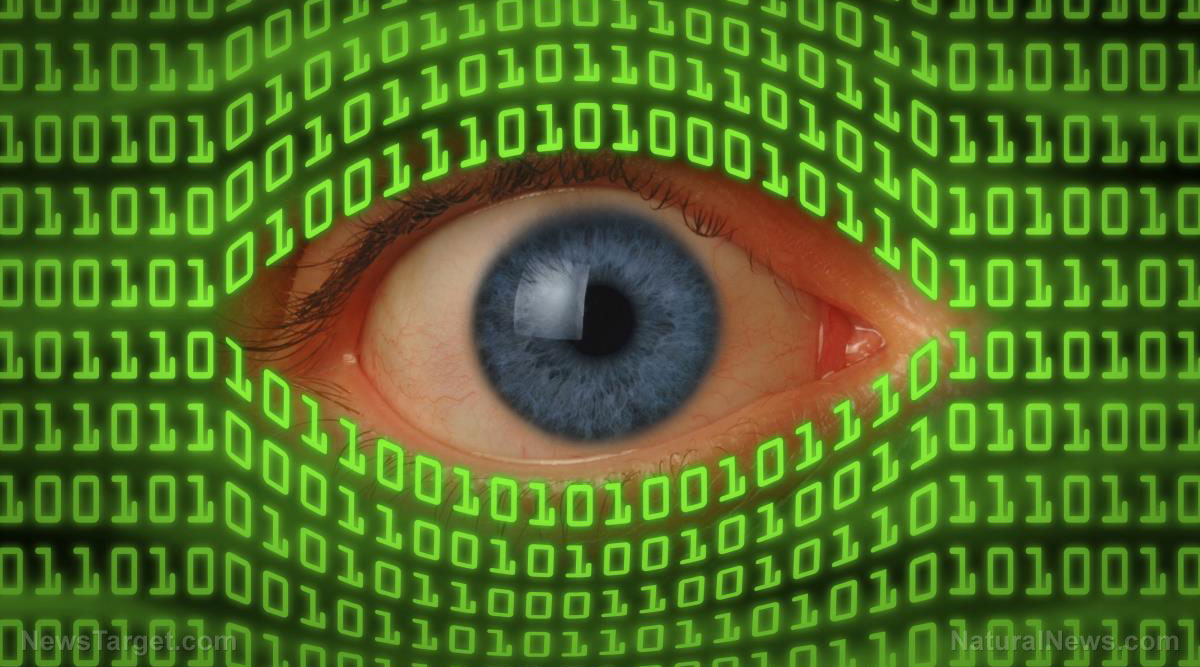Crime scenes will be scanned and modeled in 3D to create interactive virtual crime scenes “within minutes”
09/09/2019 / By Edsel Cook

The 2014 remake of Robocop showed the titular protagonist getting security camera footage of the car bomb that maimed him and turning it into a computer model. An Israeli company developed the real-life version of that technology, allowing police to create 3D models of a crash or crime scene within minutes.
Called 3D-Hawk, the tool takes high-definition video footage of an incident scene and turns it into an interactive 3D model. The police can take the data to the station for further study, allowing civilians to clean up the place and continue their usual lives.
3D-Hawk speeds up the lengthy process of searching for clues, processing and photographing the evidence, and documenting the scene. It lets investigators work on their case at any time and place on any device.
The Science and Technology Directorate (S&T) of the U.S. Department of Homeland Security (DHS) teamed up with the Israeli Police to invest in 3D modeling technology for crime and incident scenes. They tapped Israeli company B-Design3D to develop 3D-Hawk tool.
Turning HD video footage of a crime scene into a 3D model
A 3D-Hawk system features a high-definition video camera and a set of survey equipment for scanning the scene from overhead. It also has a smartphone that shows the feed from the camera and a laptop that converts the HD video into 3D models.
An investigator has access to numerous options when it comes to the interactive 3D model. He may move around the virtual scene and click on a location to zoom in and pore over the details.
The computer model also estimates distances and heights. It calculates the line of sight of witnesses to verify their testimonies.
3D-Hawk will not only benefit police, but also firefighters, bomb squads, and other first responders to scenes.
The S&T, Israeli Police, and Fairfax County Police Department (Virginia) put 3D-Hawk through operational trials in field conditions. They scanned mock versions of a car crash, an outdoor crime scene centered around an exploded car bomb, and an indoor homicide using the 3D modeling tool.
“First responders with no prior access to the tool were able to record a scene in approximately five minutes,” said S&T official Milt Nenneman, the overseer of the program. “The full rendering of the environment can take up to 30 minutes.”
Nenneman said that 3D-Hawk worked faster than the techniques used by first responders today.
First responders can reconstruct scenes and study the 3D models anywhere
In the mock homicide scene, the victim sat on the sofa. A gun and a suicide note lay on the table before him.
Guided by a representative from B-Design3D, a local detective walked around the room. The latter used a video camera to record the walls, the table, the pistol, and the rest of the scene.
The detective uploaded the video footage to the laptop and converted the data into various 3D models. Then he used the 3D-Hawk software to put the models together.
“You want to show how each layer of the 3D model is a layer in a story that a crime scene investigation officer needs to tell himself, his commander, and the court,” explained B-Design3D’s Vice President of Marketing, Gil Koubi. “The idea is to empower police forces with the power of 3D.”
Since the successful field assessment, both the Israeli and Fairfax police forces integrated 3D-Hawk into their operations. In addition to taking photos, the 3D visualization technology may also record crime scenes and reconstruct crash scenes.
In addition to the Fairfax police, the Ohio Highway Patrol and the Federal Law Enforcement Training Centers are using the prototype interactive 3D models.
Sources include:
Tagged Under: 3D model, 3D scanning, 3D technology, accidents, breakthrough, cool tech, crash scene, crime scene, first responders, forensics, future science, future tech, goodtech, interactive VR, inventions, police investigation, Virtual reality, VR technology
RECENT NEWS & ARTICLES
COPYRIGHT © 2017 INFORMATIONTECHNOLOGY.NEWS



















